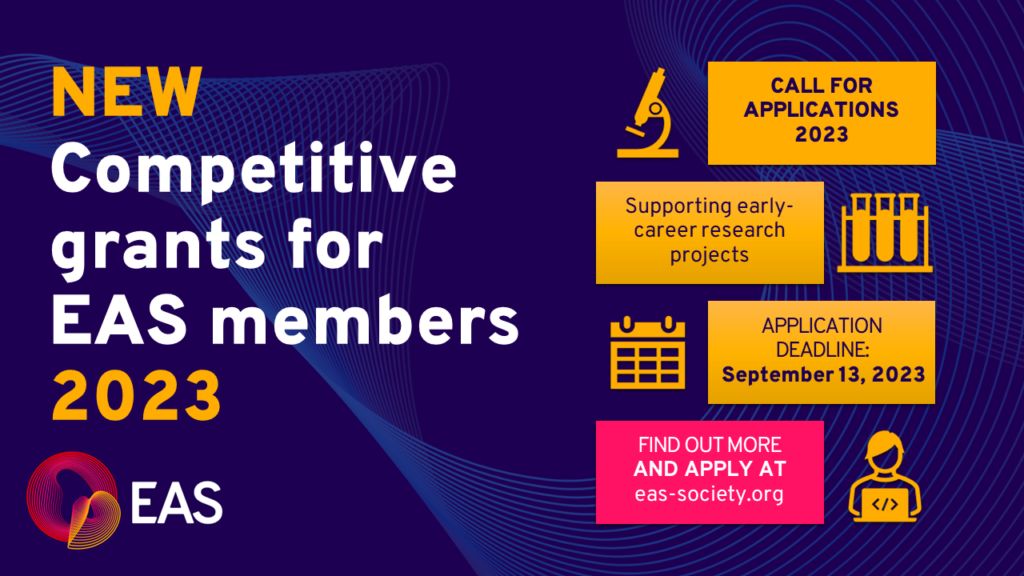
Congratulations to EAS grant recipients 2023!
Lorenzo Da Dalt

Department of Pharmacological and Biomolecular Sciences “Rodolfo Paoletti” (DiSFeB), University of Milan (UNIMI), Italy
Project: Unveiling the impact of systemic and hepatic mitochondrial dynamism in the development of dysmetabolic disease
“I would like to express my gratitude for being granted by the EAS. I am thankful to the evaluation committee for giving me this possibility and I am truly delighted for this chance to start creating my own research in the field of Atherosclerosis.
This grant is for me a great opportunity to tight the connection with the EAS society fostering collaboration with young researchers and peers. I hope this project will unravel the intricate connection between mitochondria and lipoprotein metabolism in the development of Atherosclerosis.”
Umesh Tharehalli Mathada

Department of Pediatrics, University Medical Center Groningen, The Netherlands
Project: Targeting VLDL metabolism as a means to treat cardiometabolic patients. A role for the liver clock?
“I am honored to receive the EAS Grant. I thank EAS for recognizing this project and my research lab for their immense support. With the grant’s resources, I look forward to achieving a milestone on this project.”
Nick Nurmohamed

Department of Cardiology and Vascular Medicine, Amsterdam UMC, The Netherlands
Project: Inflammatory Plaque Disguised in Coronary Atherosclerosis: Revealing the Invisible (INDRI)
“I am very honored and happy to be receiving this EAS grant. I am grateful to the EAS for this opportunity to further investigate the role of inflammation in atherosclerosis using cardiac CT imaging. I can’t wait to initiate this project.”